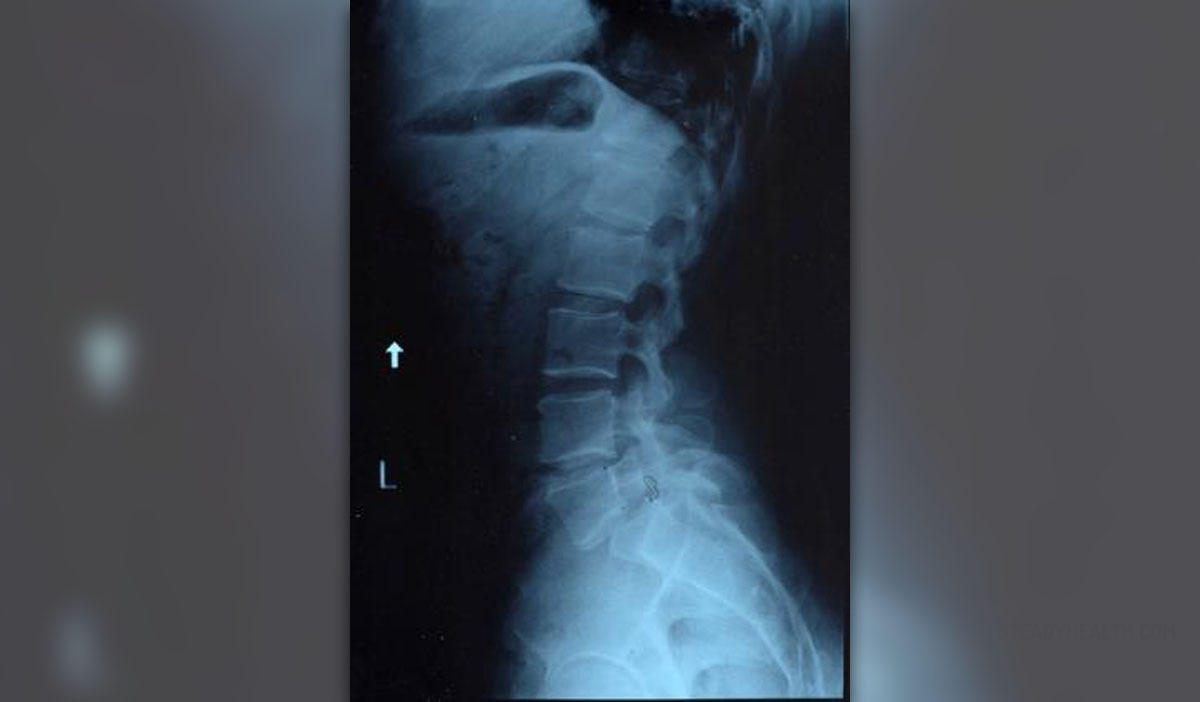
A pinched nerve is a condition that develops due to excessive pressure which is applied onto the specific nerve. The irritation or compression of the nerve can be caused by different tissues such as bones, cartilage, muscles or tendons. A pinched nerve in the back is the term that refers to irritation/compression of one of many spinal nerves. Spinal nerves are essential part of the nervous system and provide with proper transmission of motor, sensory and autonomic signals between the spinal cord and the body.
What Causes Pinched Nerve in Back?
There are different causes of pinched nerve in the back. The most frequent two are a herniated disc and bone spurs. Spinal discs may protrude (bulge) from a gap in the vertebrae (the space that normally contains spinal nerves) and lead to irritation or compression of the spinal nerve. Depending on the extent of the protrusion as well as the nerve which is irritated patients develop different symptoms and signs. The other condition, bone spurs, develops as a consequence of numerous degenerative bone processes and illnesses of the vertebral column one of which is osteoarthritis. Once they are formed bone spurs cause chronic irritation to the spinal nerves and are usually responsible for long-term problems.
Clinical Characteristics of Pinched Nerve in Back
Symptoms and signs of pinched nerve in the back depend on several factors including the very location of the affected nerve and the severity of the irritation/compression. The actual length of time the particular nerve has been irritated/compressed for also influences characteristics of the condition and affects the recovery.
However, many patients may have similar symptoms and signs. This is why some symptoms and signs may be considered characteristic for the condition. They include pain, different sensation changes (tingling, numbness, burning or prickling sensation etc.) and muscle weakness in the area innervated by the irritated/compressed nerve. In some cases a person suffering from pinched nerve in the back may develop loss of bladder and/or bowel control.
Treatment for Pinched Nerve in Back
Mild cases are treated with limited bed rest and pain killers. These patients recover completely. More intensive treatment is reserved for severe cases and patients with chronic symptoms and signs of irritation/compression. Such patients are prescribed with different medications (pain killers, muscle relaxants etc.), may get administered drugs via injections, require heat or cold therapy and must engage in physical therapy. Surgery for pinched nerve in the back is the last resort for people who do not respond to conservative treatments and in whom neurological damage does not improve or even progresses.


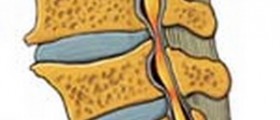

-Causes,-Symptoms,-Diagnosis,-Treatment_f_280x120.jpg)
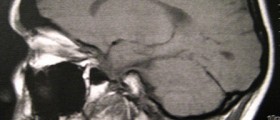

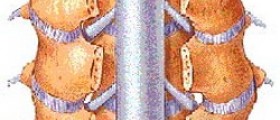

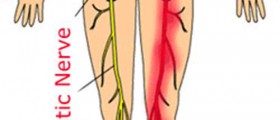
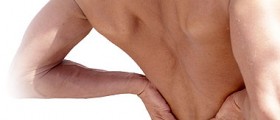

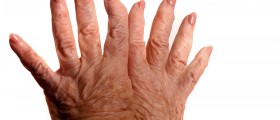
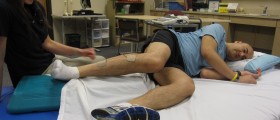

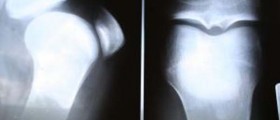

Your thoughts on this
Loading...